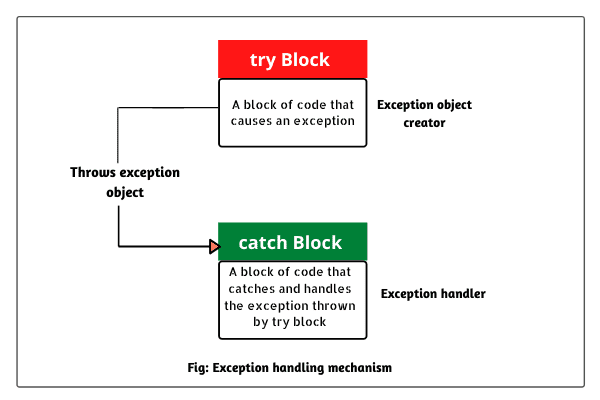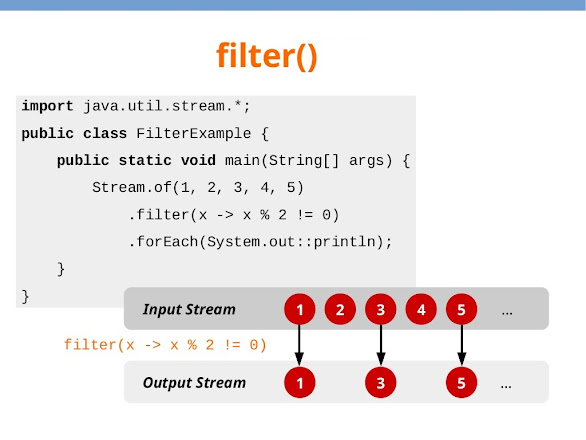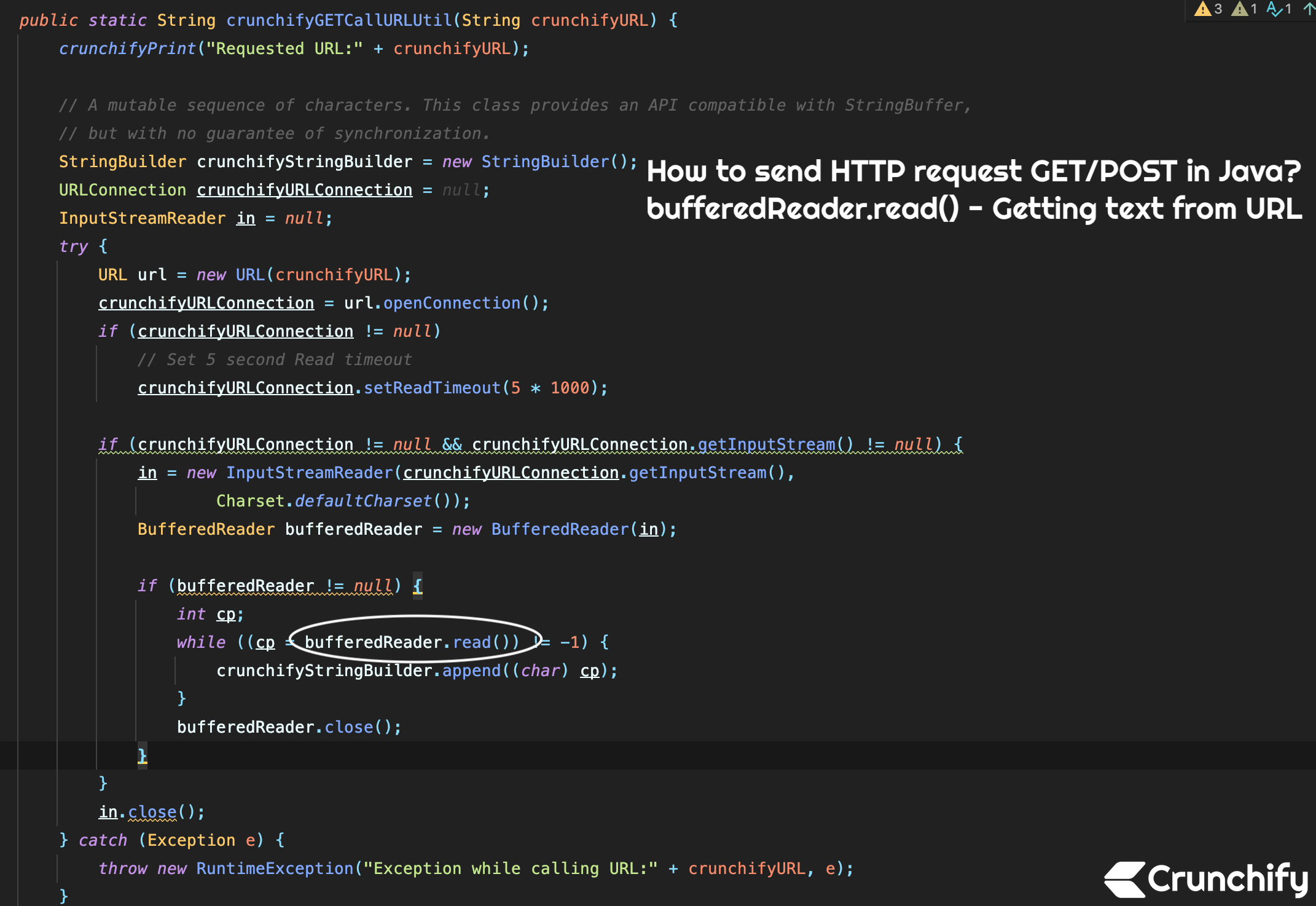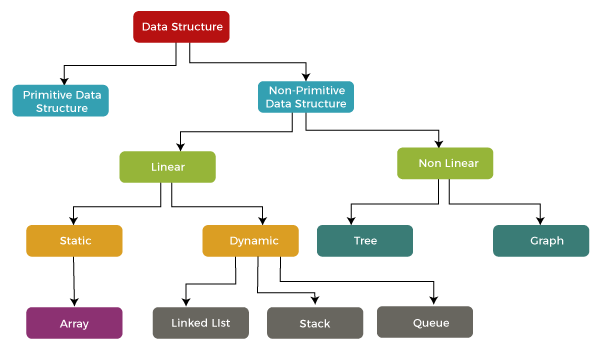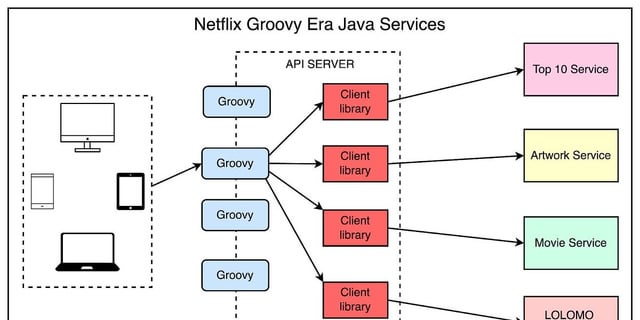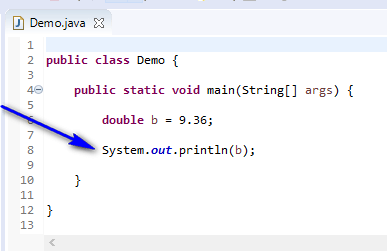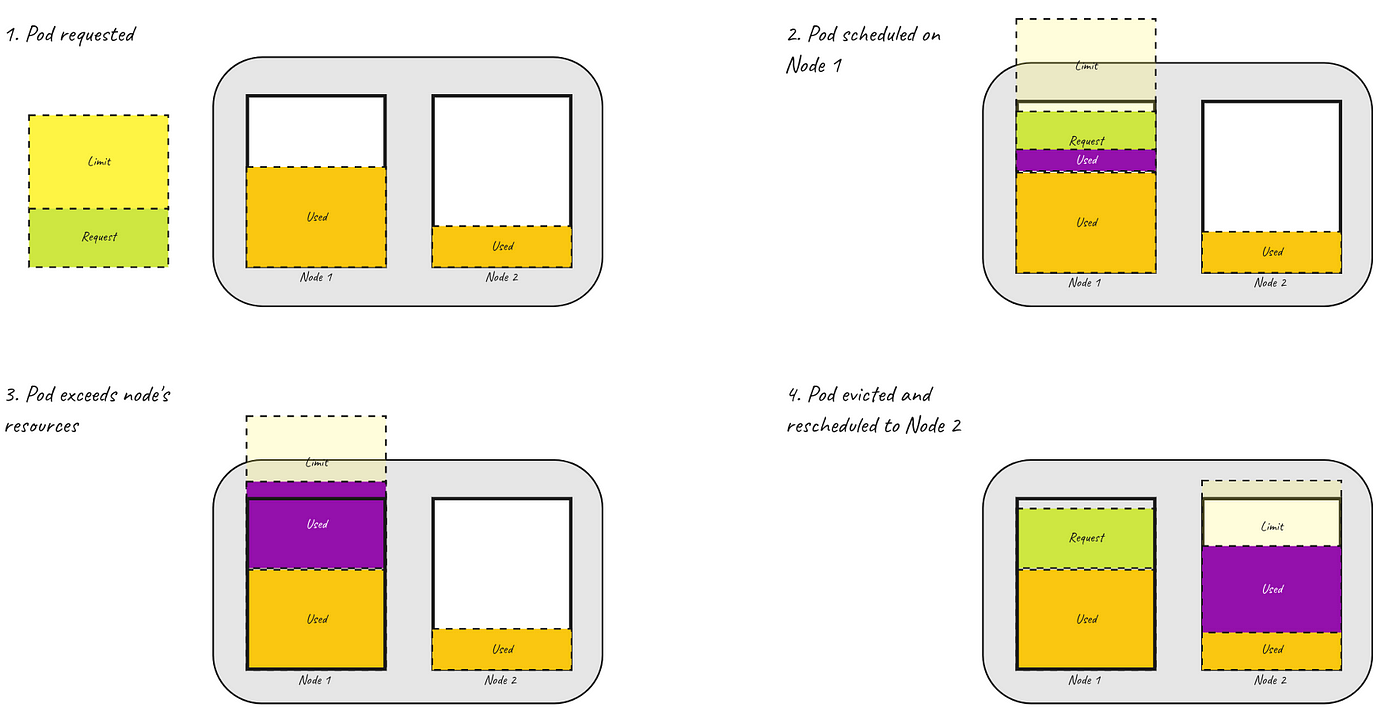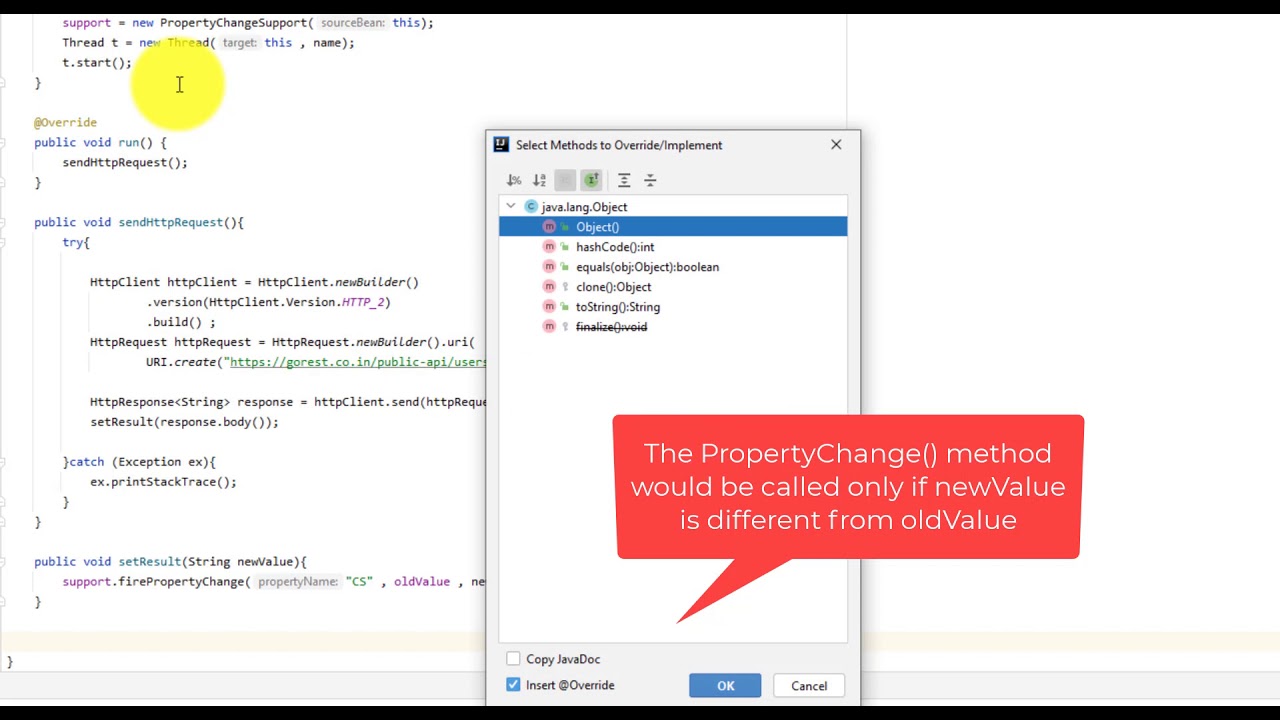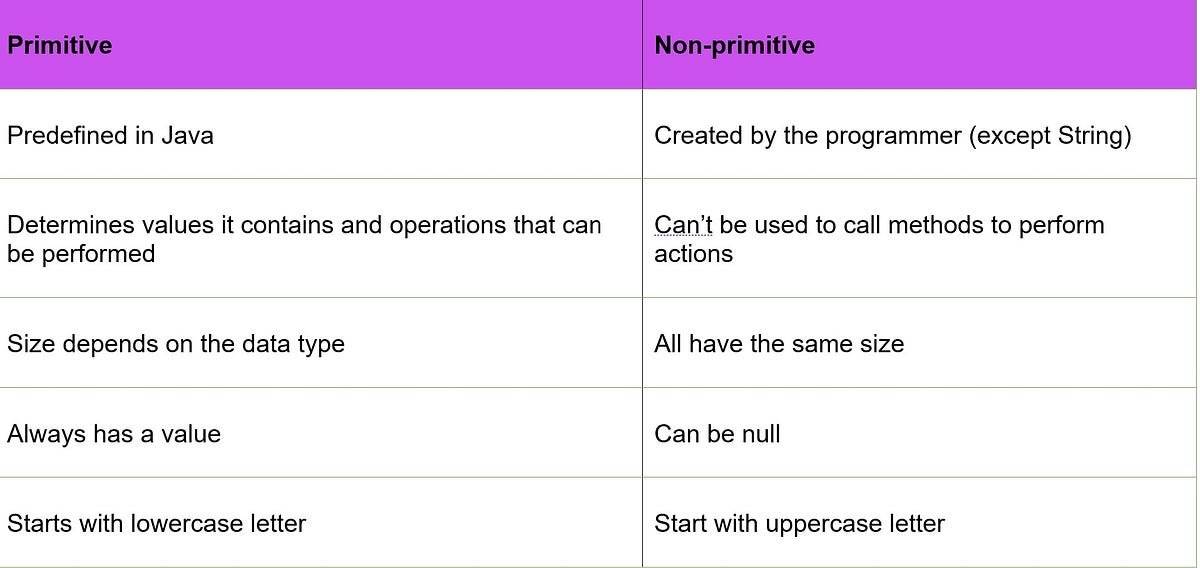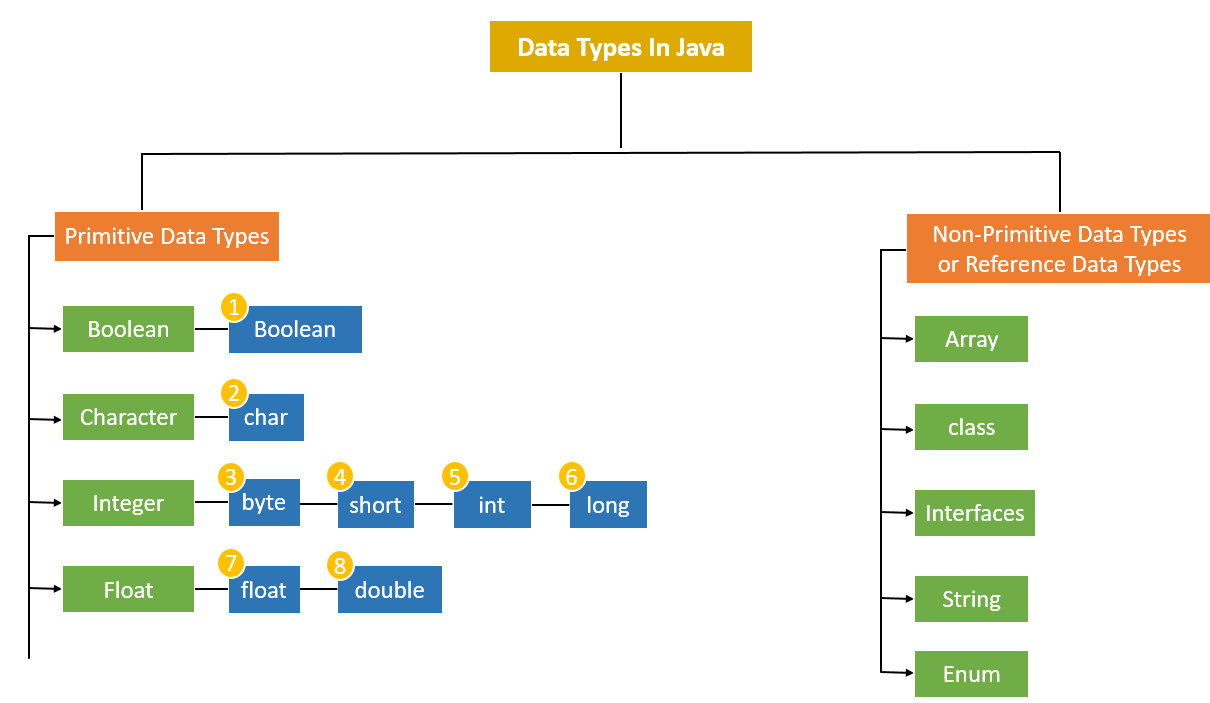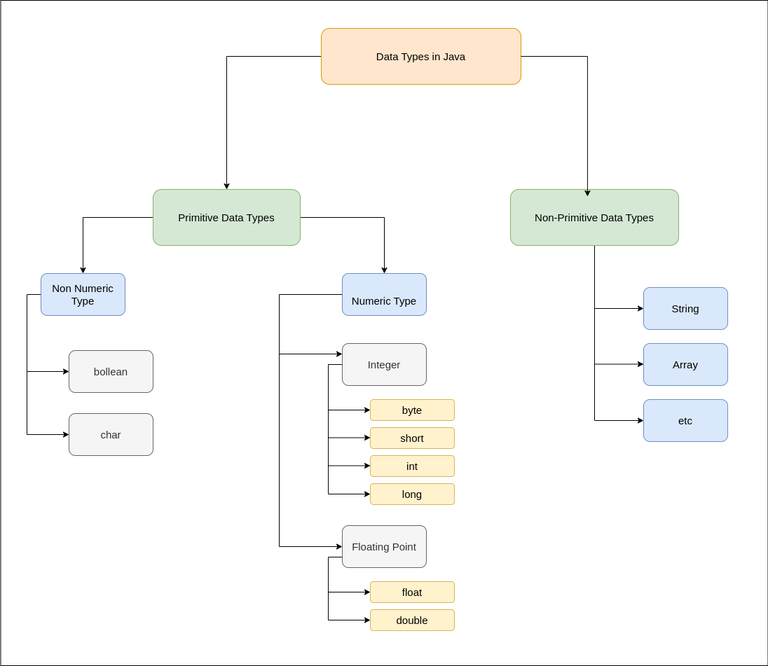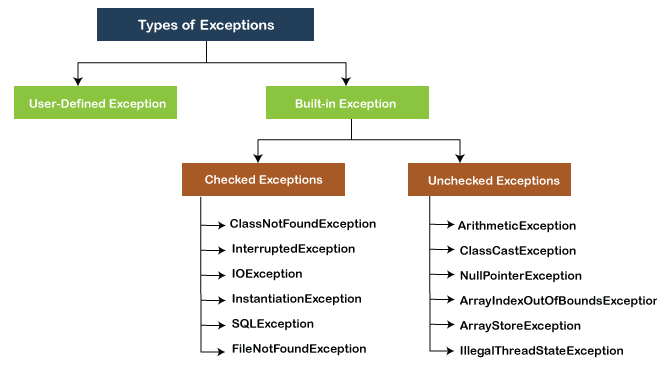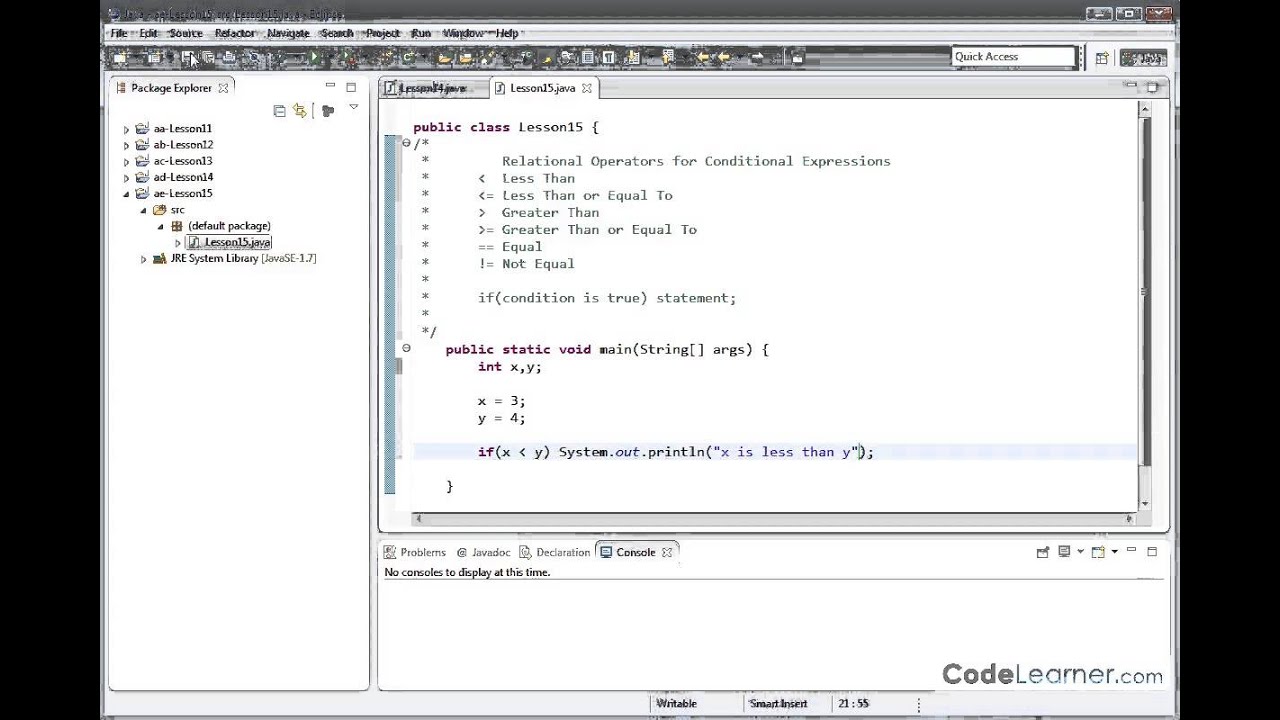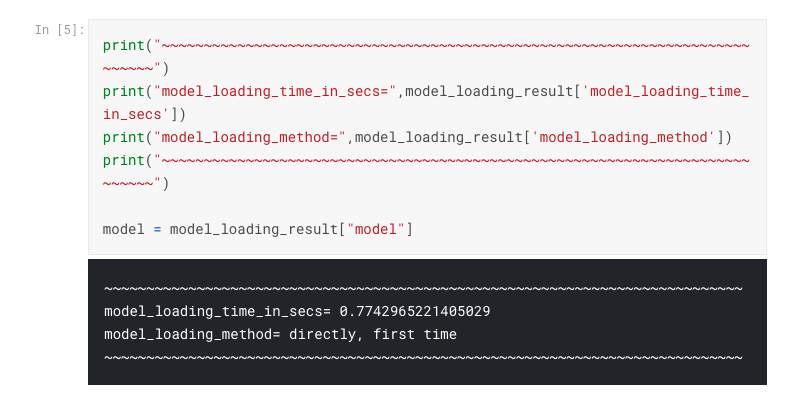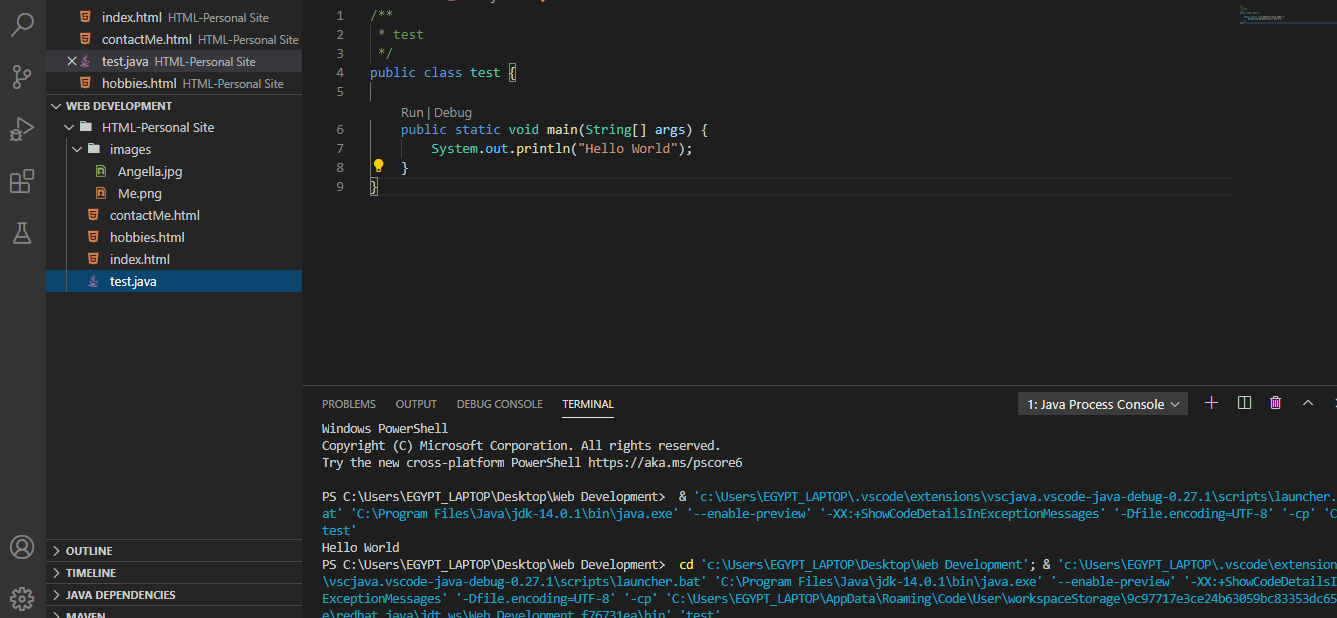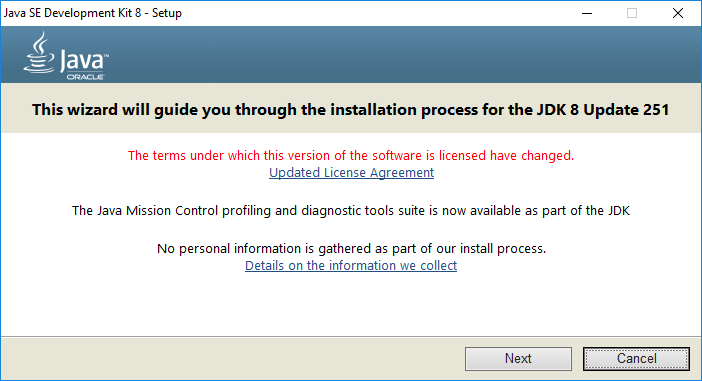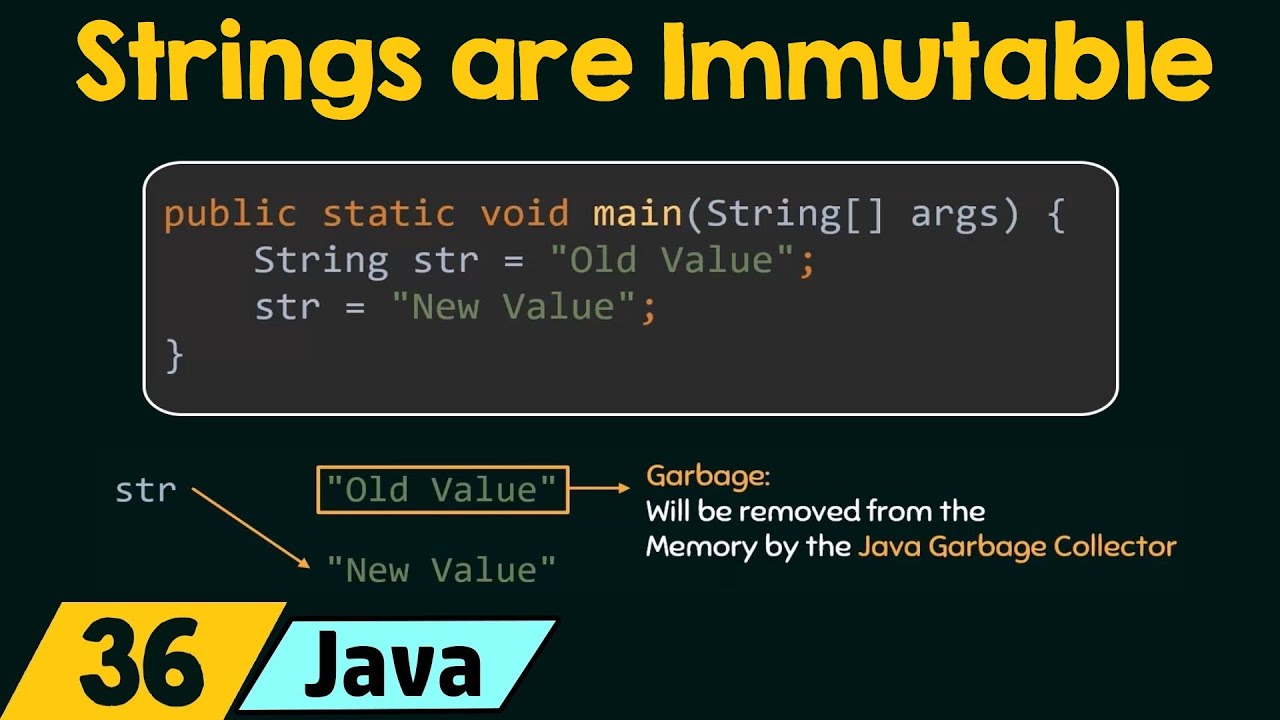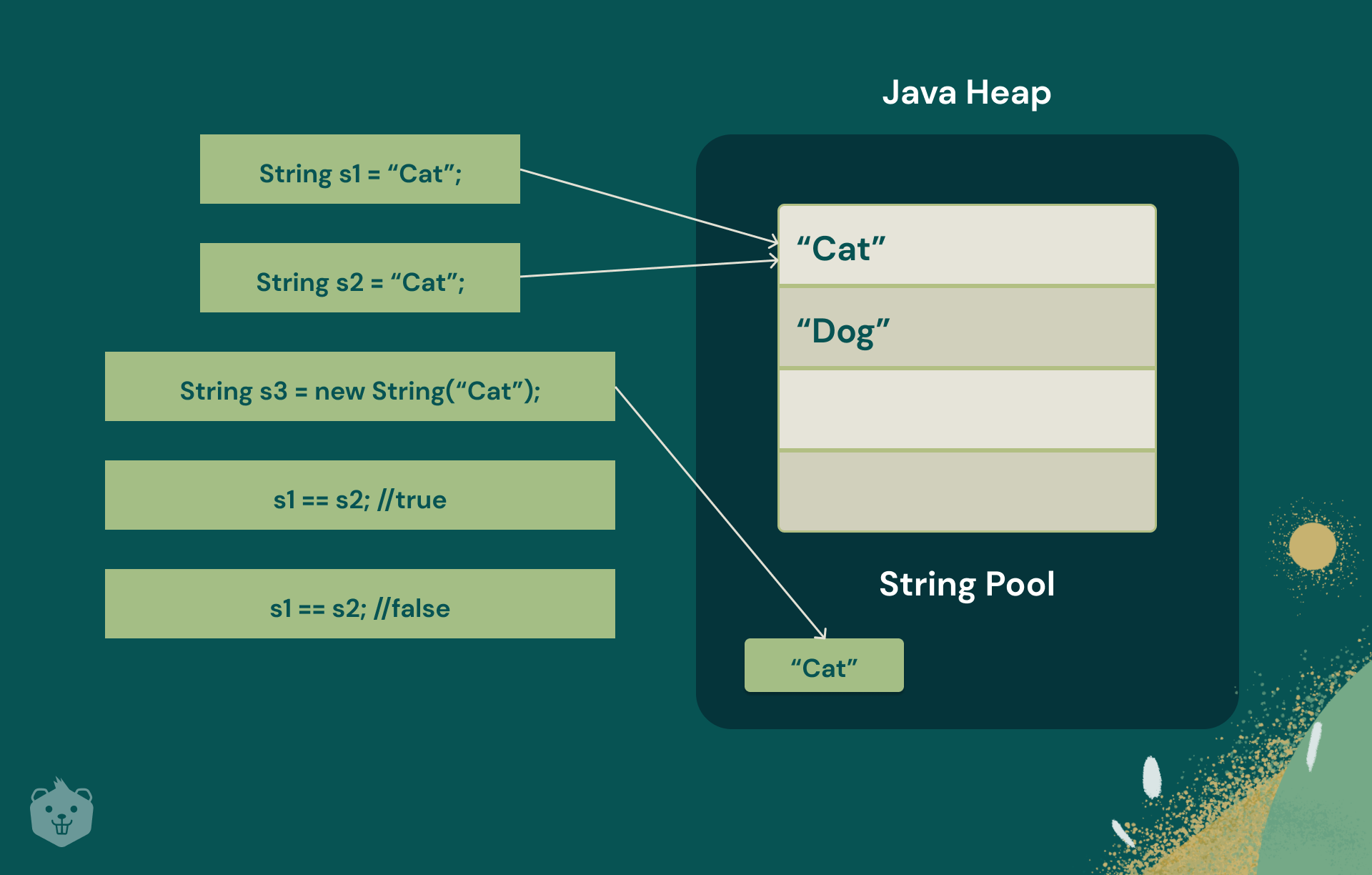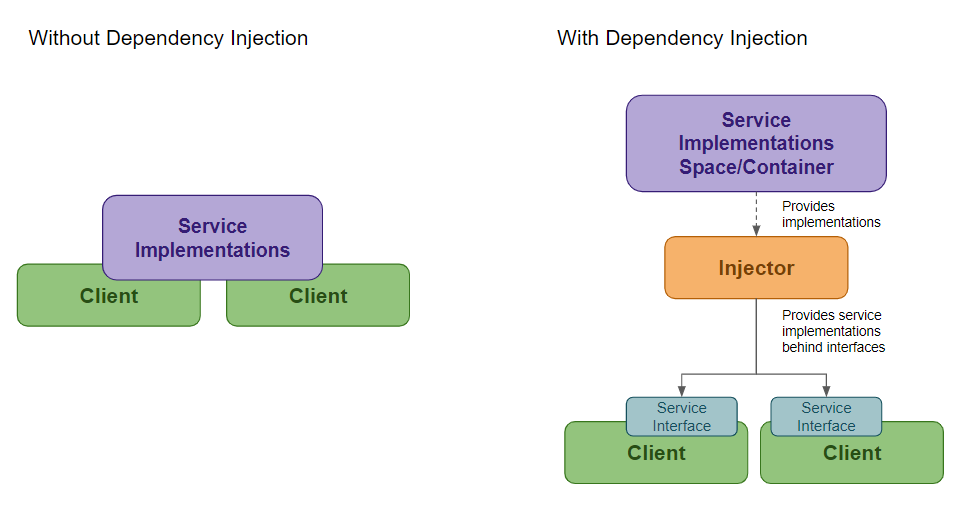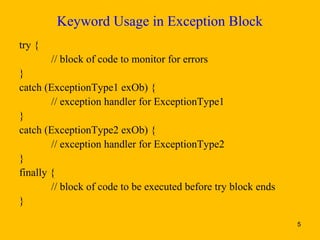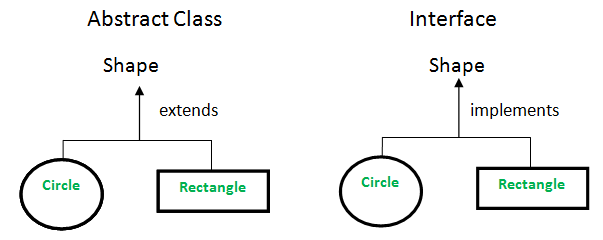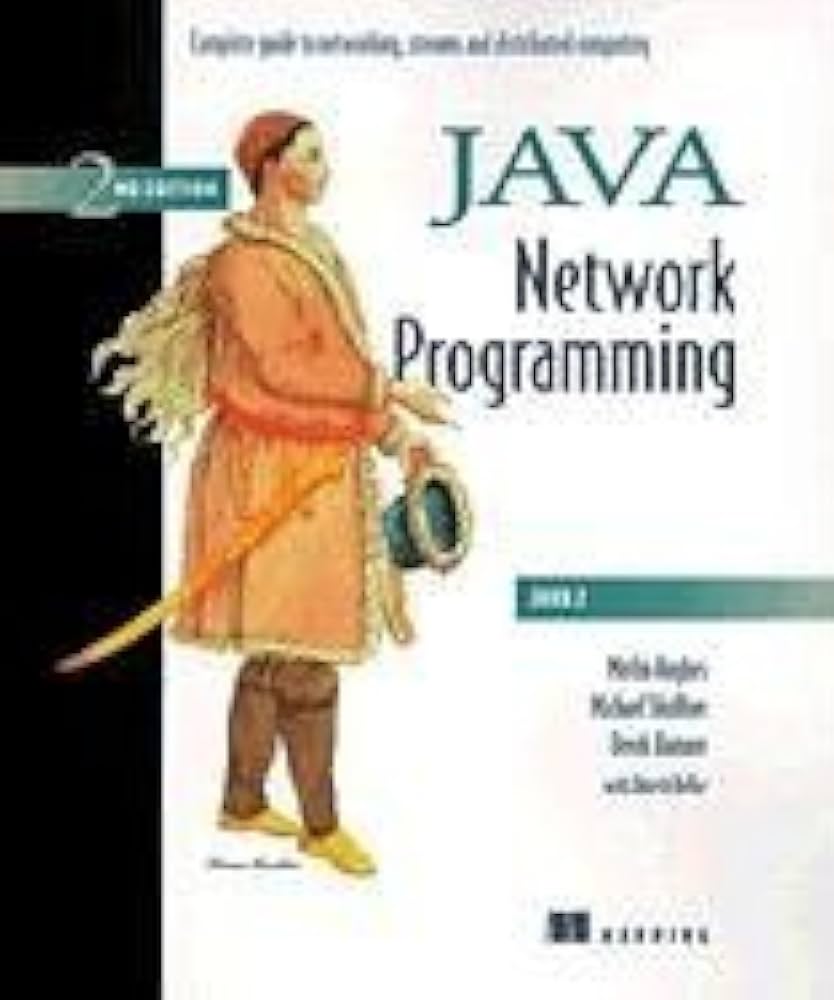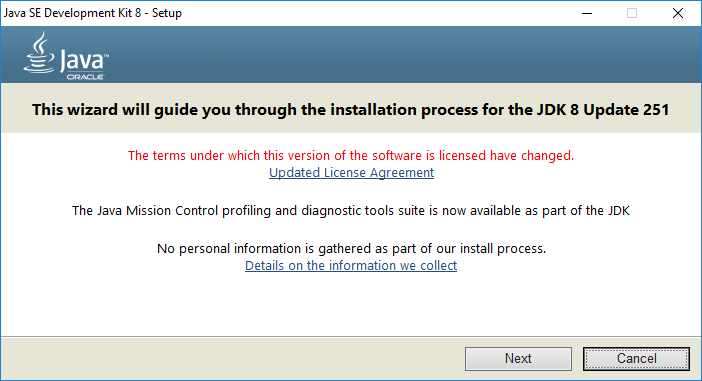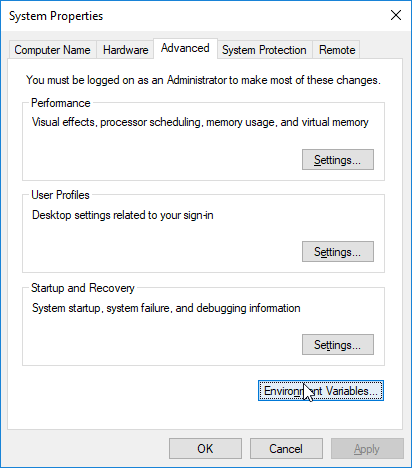When to use private static variable in Java?
When to use private static variable in Java?
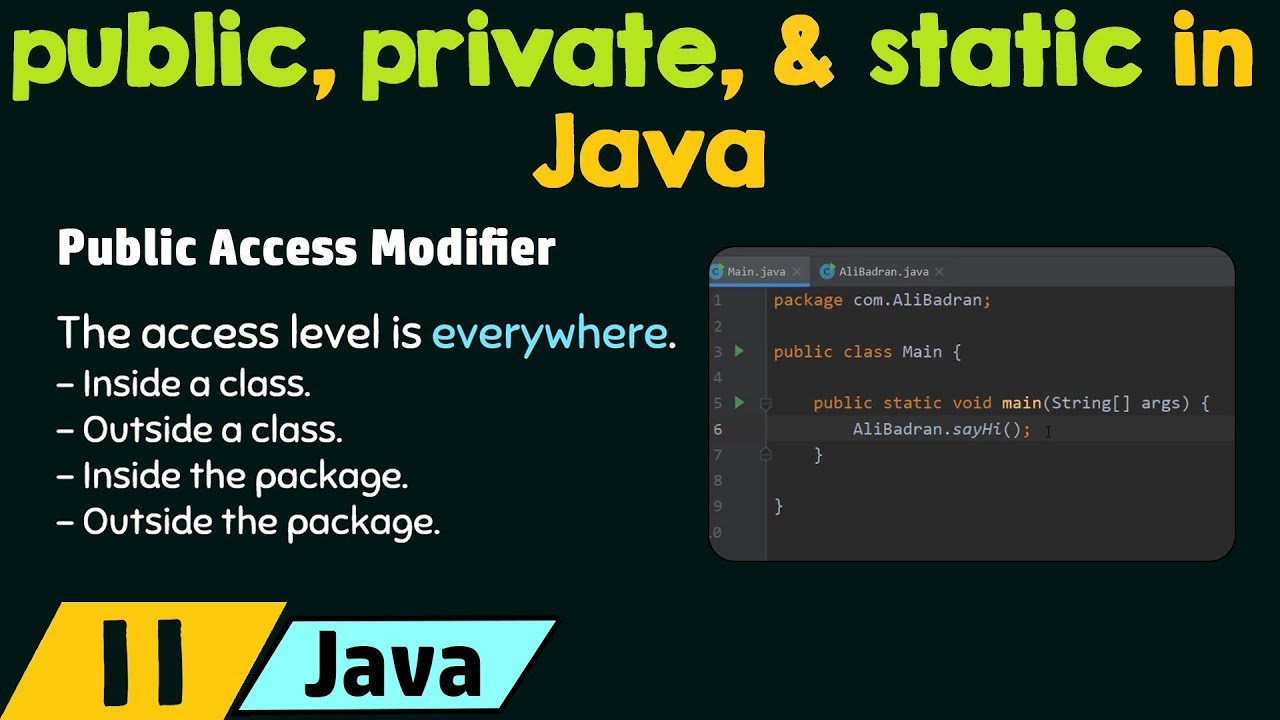
I'm glad you're asking this question!
In Java, a private static variable is a variable that is declared as both private and static. This combination of access modifier and keyword can be puzzling at first, but it serves a specific purpose.
To understand when to use a private static variable, let's break down what each part means:
Private: This access modifier restricts the variable from being accessed directly from outside its declaring class. In other words, any attempt to access or modify the variable from another class will result in a compile-time error.
Now, when would you use a private static variable? Here are some scenarios:
Singleton Pattern: You can use a private static variable as part of the singleton pattern. The idea behind this design is to ensure that only one instance of a class exists throughout the application's lifetime. Configuration or Settings: A private static variable is suitable when you need to store configuration settings or constants that shouldn't be altered by external factors. Caching or Memoization: In some cases, you might want to cache results or intermediate calculations to avoid recalculating them every time they're needed. A private static variable can help achieve this goal. Utility Methods: When creating utility methods or classes that need to maintain some internal state or shared data, a private static variable is an excellent choice.Here's why you might prefer private static variables over instance-level or local variables:
Memory Efficiency: Since the variable is static, it's only stored once in memory, which can be beneficial when working with large amounts of data. Thread-Safety: When multiple threads access a shared resource, using a private static variable ensures that changes are synchronized and thread-safe. Easy to Debug: With a private static variable, you can easily track the state of your application, as it's always accessible from within the same class.However, keep in mind some potential downsides:
Global State: As with any shared state, using private static variables can introduce global state issues if not properly managed. Tight Coupling: Since private static variables are tightly coupled to their declaring class, changes to that class may inadvertently affect the behavior of other classes that rely on it.In conclusion, a private static variable is an effective tool for managing shared resources or configuration settings in Java. When you need to ensure that data remains consistent and thread-safe across multiple instances of the same class, this combination of access modifiers can be a valuable asset. Just remember to carefully consider the implications and potential drawbacks before using it.
I hope this helps clarify when to use private static variables in Java!
What is the use of a private static method in Java?
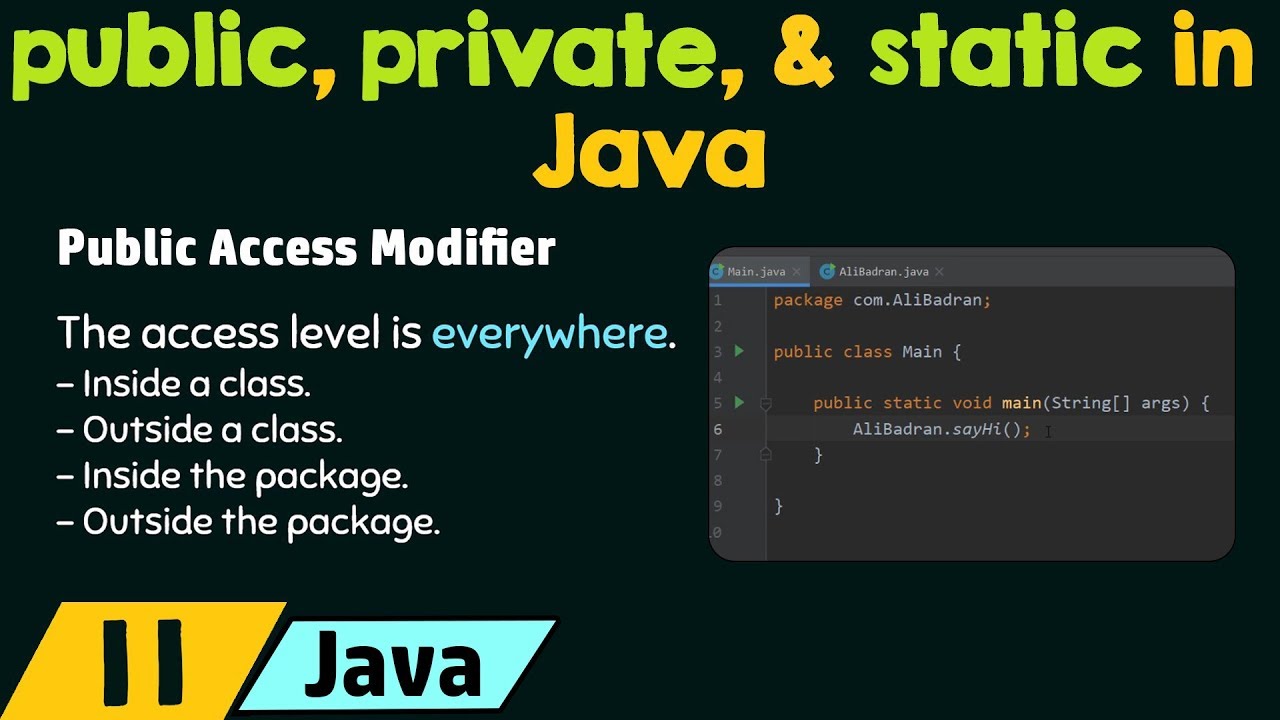
I'd be happy to explain the use of a private static method in Java!
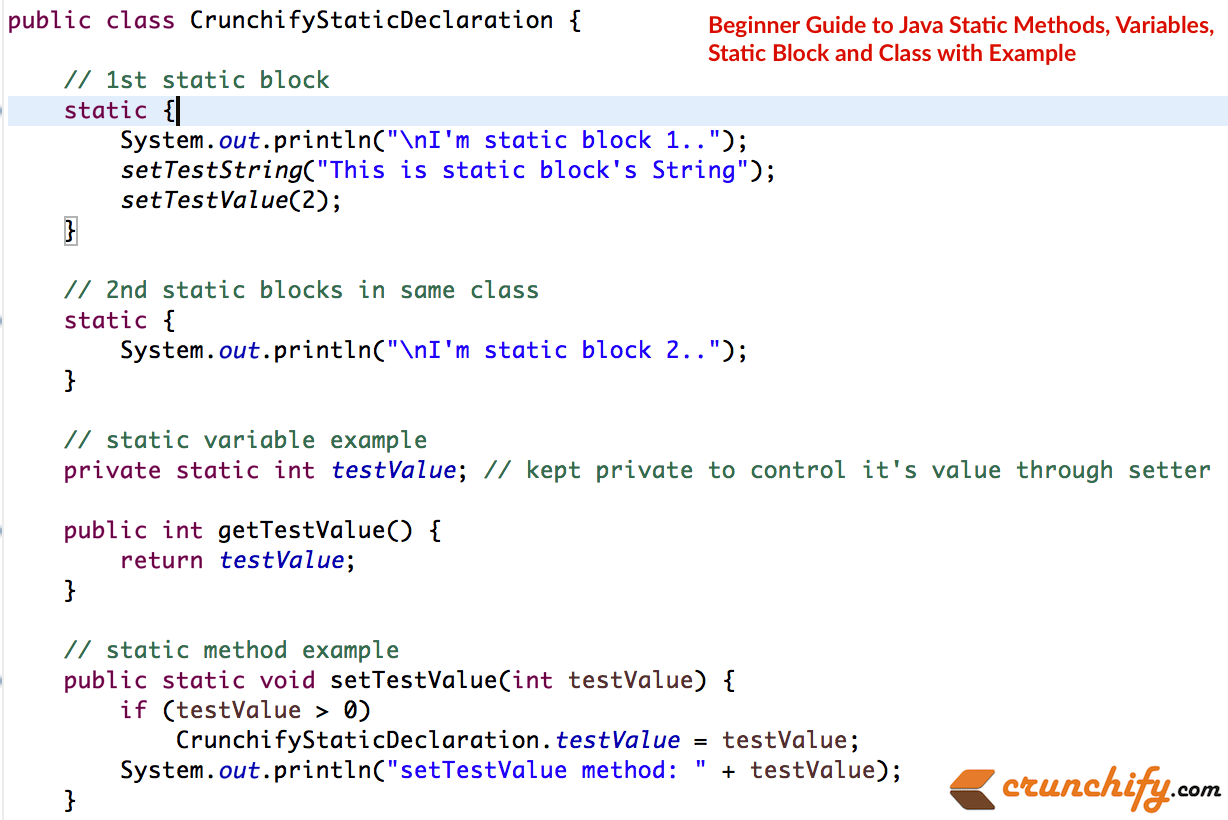
A private static method is a method that belongs to a class, not an instance of that class. This means it can be called without creating an instance of the class. Private static methods are often used when you want to encapsulate some logic within a class, but you don't need to access that logic through an instance of the class.
One major advantage of using private static methods is that they can help to keep your code organized and reusable. By placing related functionality in a single method, you're making it easier for other developers (or yourself, six months down the line) to understand what's going on.
Here are some scenarios where you might use a private static method:
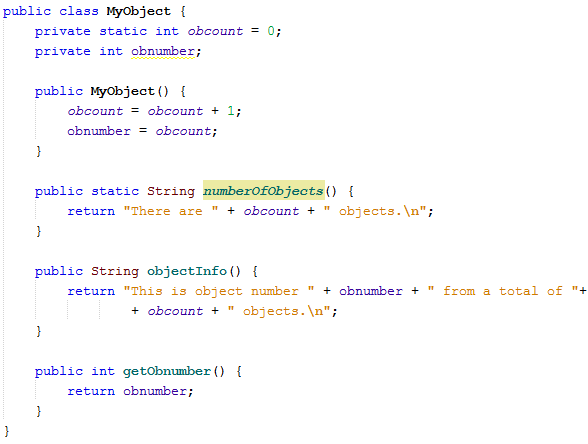
When would you NOT want to use a private static method?
If you need access to instance variables, then an instance method (not static) makes more sense. If the logic isn't related to the class itself, it might be better suited as a standalone utility method or part of another class.To illustrate the difference, let's consider two examples:
Example 1:
public class Calculator {
private static double calculateInterest(double principal, double rate) {
return principal * rate;
}
public double getInvestmentValue() {
double interest = calculateInterest(1000, 0.05);
// do something with the interest...
}
}
In this case, calculateInterest is a private static method because it doesn't rely on instance variables and can be reused throughout the class.
Example 2:
public class EmailValidator {
public boolean isValidEmail(String email) {
if (email.contains("@")) {
return true;
}
// do something else...
}
}
Here, isValidEmail is an instance method because it relies on the @ symbol being present in the email address. It's not related to a specific instance of the class.
In conclusion, private static methods are useful for encapsulating logic that isn't specific to any particular instance of a class. They can help keep your code organized and reusable, making them an essential tool in your Java programming toolkit!

